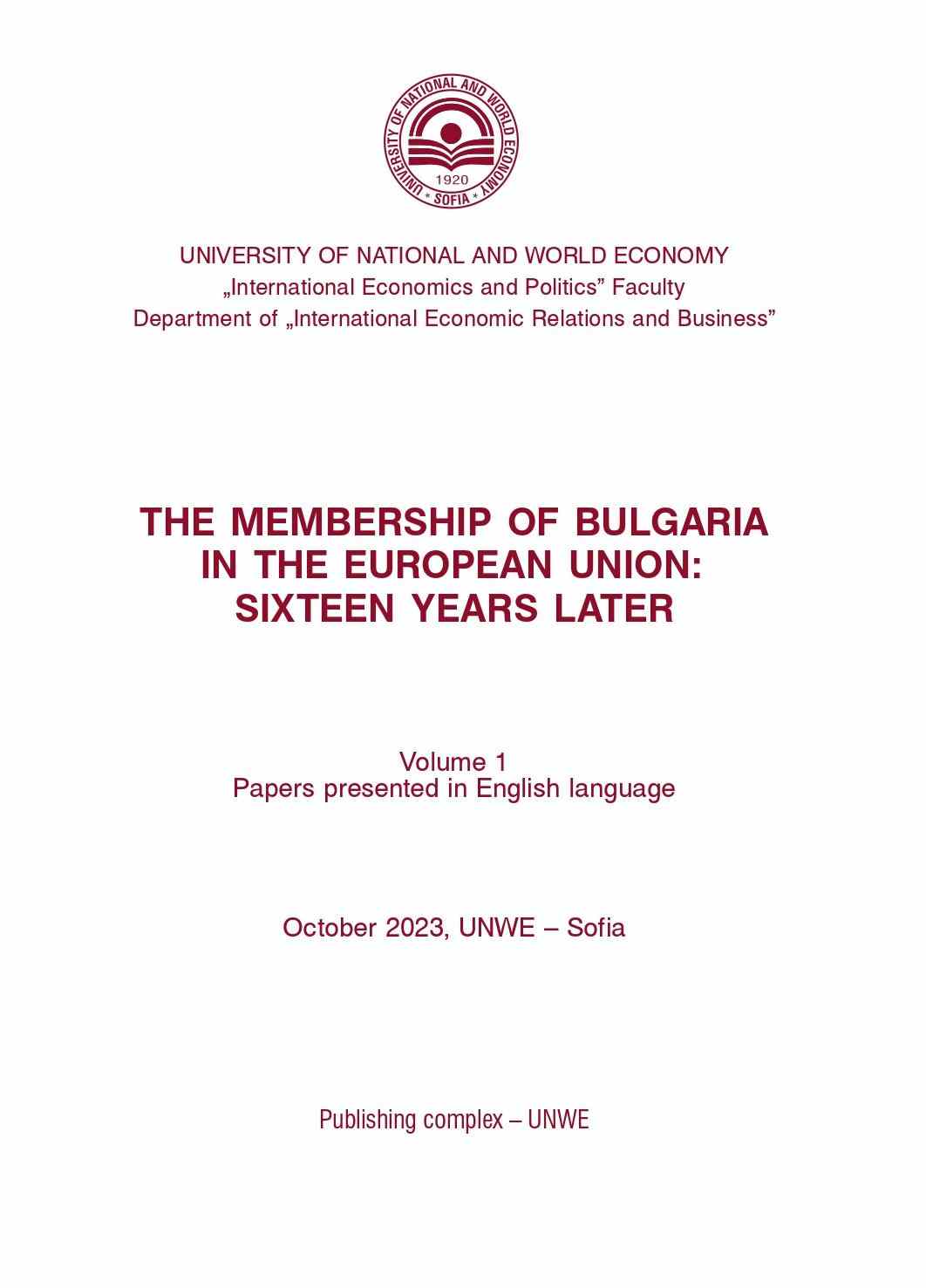The European Union’s Approach to Artificial Intelligence Regulation
The European Union’s Approach to Artificial Intelligence Regulation
Author(s): Marisa Almeida Araújo
Subject(s): Politics / Political Sciences, Politics, Economy, Law, Constitution, Jurisprudence, EU-Approach / EU-Accession / EU-Development, ICT Information and Communications Technologies, EU-Legislation
Published by: Университет за национално и световно стопанство (УНСС)
Keywords: artificial intelligence; human rights; democracy; European Union; policy; regulation
Summary/Abstract: The European Union (EU) is emphasizing regulatory efforts on Artificial Intelligence (AI) and AI-based systems and tools, aiming to not only lead the digital era but also shape Europe’s digital (sustainable) future. Either a soft-law approach and hard-law responses to AI are clearly part of the EU’s digital strategy. Although the arena in which AI is moving can be treacherous, is also highly seductive and impossible to escape from. Finding a balance between a precautionary approach and promoting evolution and technological development is not always easy, especially when dealing with confronting interests, i.e., different regulatory levels, enforcement and compliance, social and economic asymmetries, and cultural differences, besides the transformation in people’s lives and the impact in the future generations. The paper analyses some challenges – legal and ethical – concerning the use of AI and AI tools. In particular, considering respect for fundamental rights and freedoms, nondiscrimination, quality and security, transparency, impartiality, and fairness, and “under user control”, and the EU regulatory responses to the risks. The aim of the paper is to offer some insights into the hard and soft law responses of the EU to the topic, and the strategy adopted to AI regulation.
- Page Range: 9-18
- Page Count: 10
- Publication Year: 2024
- Language: English
- Content File-PDF

